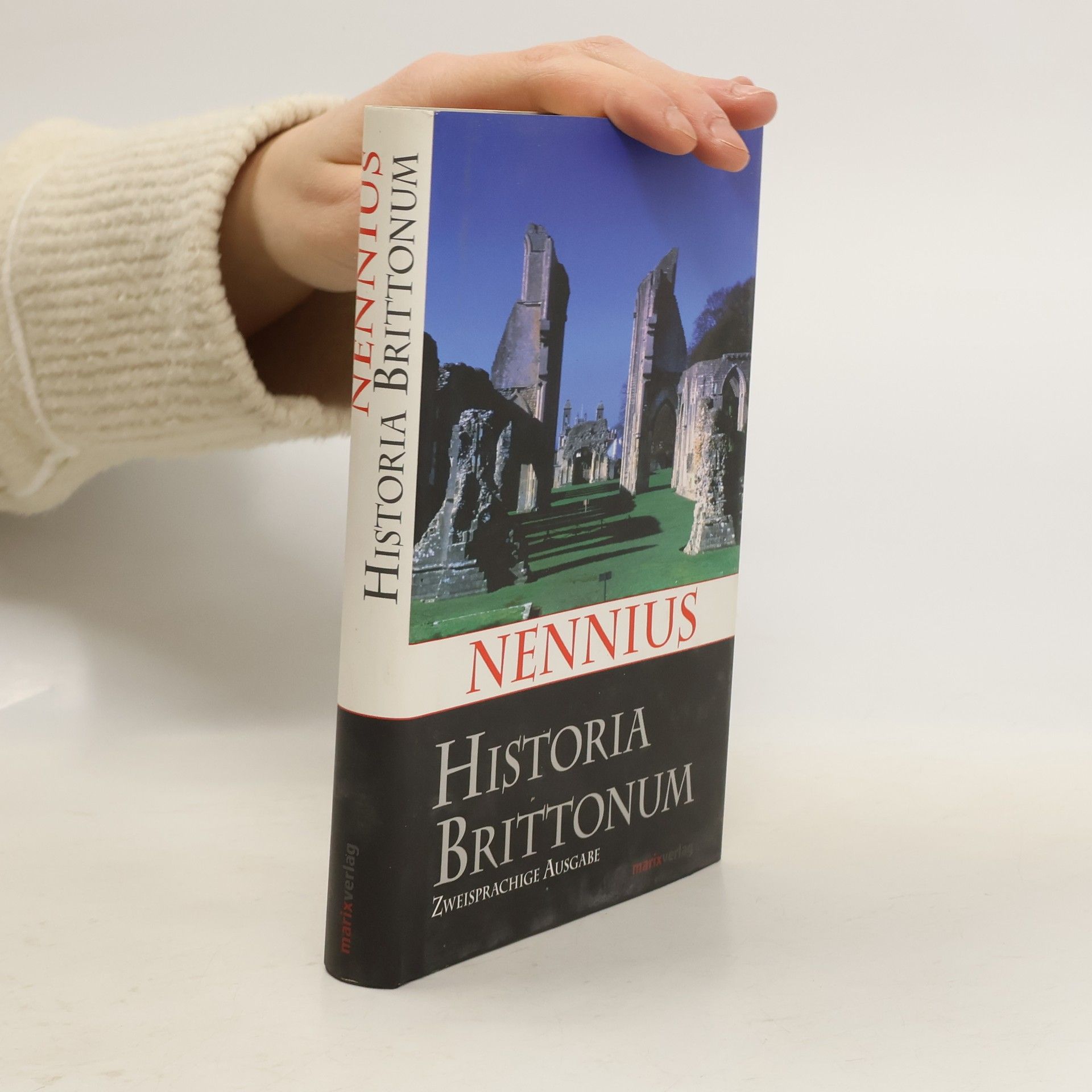This publication focuses on reproducing historical works in large print to enhance accessibility for individuals with impaired vision. Megali, the publishing house behind this initiative, is dedicated to making classic literature more readable, ensuring that these important texts remain available to a broader audience.
Nennius Bücher
Dieser walisische Mönch aus dem 9. Jahrhundert wird traditionell mit der Autorschaft der Historia Brittonum in Verbindung gebracht, einem Werk, das zu einer grundlegenden Quelle für die Artussagen und die frühe angelsächsische Geschichte wurde. Seine Schriften prägten die Vorstellungen über die Ursprünge der Pikten, Schotten und anderer Figuren. Obwohl er ein Schüler des Bischofs Elfodd von Bangor war, bleiben sein Leben und seine Beiträge Gegenstand historischer Forschung. Sein Vermächtnis liegt darin, wie sein Text die frühmittelalterlichen historischen und literarischen Erzählungen beeinflusste.

